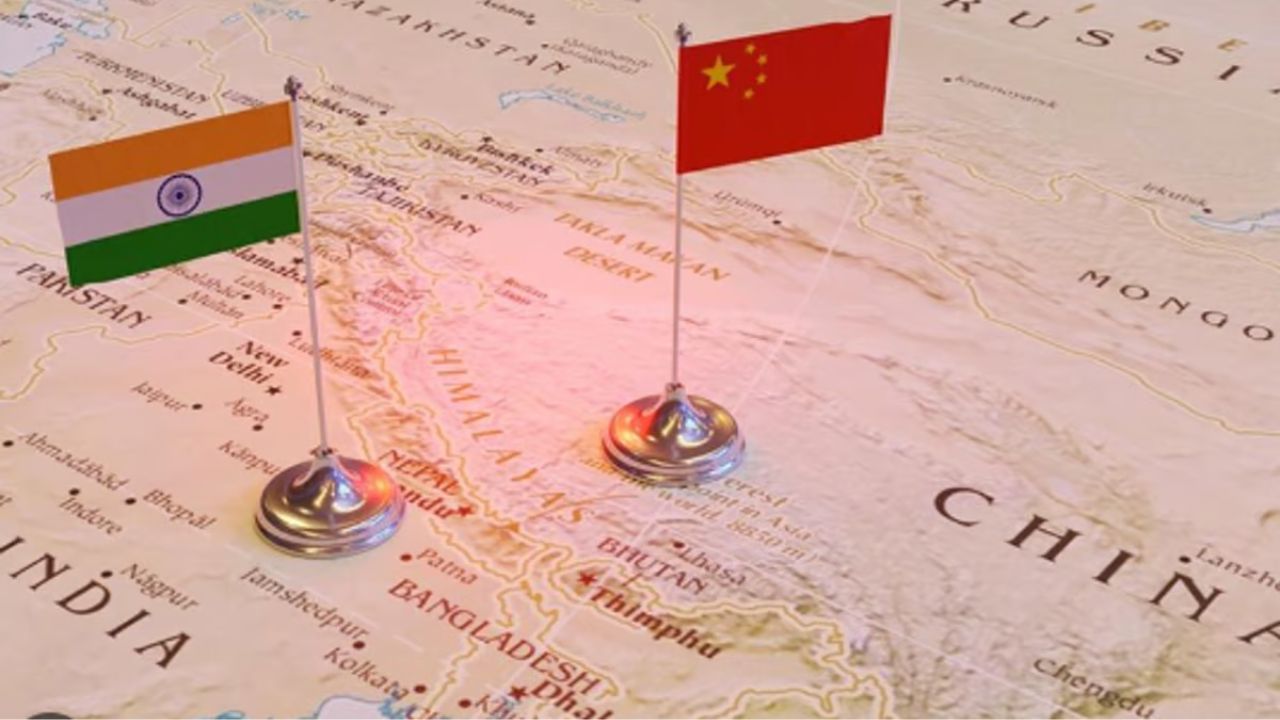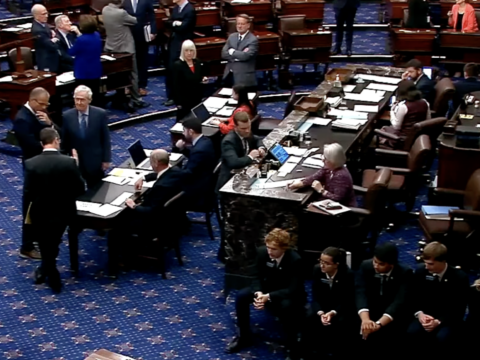DELHI (Diya TV) — China has once again renamed 30 locations in Arunachal Pradesh, escalating tensions with India over the disputed northeastern state. This marks the fourth instance of China unilaterally changing the names of locations in Arunachal Pradesh, as part of its ongoing efforts to assert territorial claims.
The latest renaming comes shortly after Prime Minister Narendra Modi’s visit to the region, during which he inaugurated the strategically significant Sela Tunnel at an altitude of 13,000 feet. The tunnel is expected to facilitate easier troop movement in the mountainous terrain.
Reacting to China’s actions, external affairs ministry spokesperson Randhir Jaiswal reiterated India’s stance, stating, “Arunachal Pradesh was, is, and will always remain an integral and inalienable part of India.” This sentiment was echoed by External Affairs Minister S Jaishankar, who emphasized that changing names does not alter the sovereignty of Arunachal Pradesh.
The renaming exercise, carried out by China’s civil affairs ministry, encompasses 11 residential areas, 12 mountains, four rivers, one lake, one mountain pass, and a piece of land. These new names are set to be reflected on official Chinese maps later this year.
China’s repeated attempts to rename locations in Arunachal Pradesh have been met with staunch opposition from India, which has consistently rejected Beijing’s territorial claims over the region. India reaffirmed its position following the latest renaming, denouncing the move as “senseless.”
The renaming of places in disputed territories is a tactic employed by China to assert its territorial claims and instill anxiety among affected populations. Bill Hayton, an associate fellow at the Chatham House Asia-Pacific programme, has noted that such actions aim to create a perception of territorial loss.
The ongoing tensions between India and China extend beyond territorial disputes in Arunachal Pradesh. The two countries have been locked in a standoff along the Line of Actual Control (LAC) in the Ladakh sector since May 2020. The deadly clash in the Galwan Valley in June 2020 resulted in casualties on both sides and exacerbated bilateral relations.
Despite diplomatic efforts to ease tensions, including extensive military and diplomatic talks, the gamesmanship continues.




